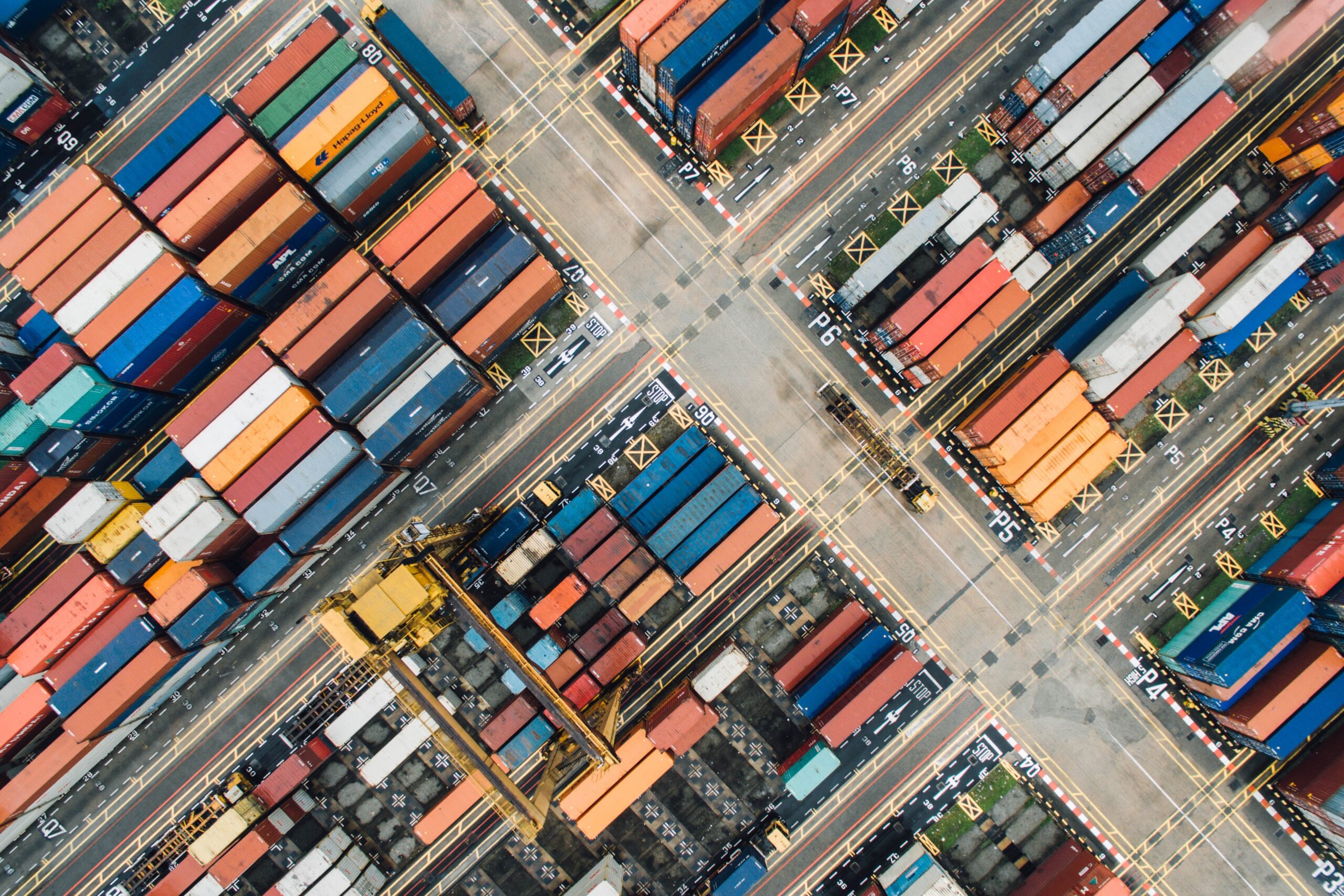The instrument on customs control equipment (IECA) is part of the Integrated Border Management Fund, together with the instrument on border management and visas
under Heading IV (Migration and Border Management) of the EU budget.
The IECA is a new (2021) EU funding programme in the field of customs policy. It provides grants for the acquisition, maintenance and modernisation of customs control equipment.
This instrument is a fund that allows EU countries to acquire, maintain and improve more advanced customs equipment, such as new scanners, automatic number plate detection systems, sniffer dog teams and mobile laboratories for analysing samples.
The beneficiaries are the customs authorities of the EU Member States and the Instrument is implemented under direct management. It has a budget of €1.006bn for the period 2021-2027.
The EU Customs Union, created in 1968, is an area of exclusive Union competence, which means that only the Union can adopt customs legislation, while the Member States are responsible for implementing it.
The Union Customs Code contains most of the EU’s customs legislation. EU customs legislation and provides precise rules on how the legislation is to be applied to goods entering or leaving the EU customs territory.
The IECA is a response to the ever-increasing workload of EU customs administrations, which have to significantly strengthen controls on goods entering and leaving the EU in order to ensure safety and security while facilitating legitimate trade.
The aim of the Instrument is to help ensure that customs controls across the EU are adequate and equivalent. The long-term goal is to harmonise the way national customs authorities carry out controls.
IECA’s financial support enables customs offices to acquire state-of-the-art customs control equipment. It helps customs authorities act as a whole and fulfil their mission to:
- protect the financial and economic interests of the EU and its Member States;
- ensuring safety and security in the EU; and
- protect the EU from illegal trade, while facilitating legitimate commercial activities.
The European Commission is legally obliged to carry out a mid-term evaluation of the EIEC to assess its performance, in accordance with the legislation covering the 2021-2027 programming period.
The evaluation will analyse the progress made in implementing the programme and assess whether corrective measures are needed to ensure that the programme meets its intended objectives, as listed in Article 3 of the EIEC Regulation.
It will help the Commission to learn lessons for future policies.
The mid-term evaluation aims to:
- assess the extent to which the EIEC is implemented in accordance with the EIEC Regulation;
- improve and adapt the implementation of the EIEC on the basis of the experience gained and lessons learnt from the initial period.
The mid-term evaluation will focus on confirming the validity of the shared common vision and initial design and identifying shortcomings, with a view to increasing the efficiency and performance of the programme in relation to subsequent calls and identifying potential improvements.
The mid-term evaluation will also be a precursor to the impact evaluations of possible future programmes (post-2027) and the future MFF.
The main consultation activities planned are as follows:
- a targeted consultation (taking into account the very specific purpose of the Facility and the potential beneficiaries), consisting of specific surveys and interviews tailored to the main stakeholders (national customs authorities, the European Commission and other relevant EU institutions);
- consultation with expert groups and relevant industry organisations;
- possible site visits;
- a stakeholder workshop to present and validate draft conclusions and responses.
Consultation activities will have to ensure a balanced representation of the different customs authorities and a balanced coverage of the gaps and needs they face.
As eligible beneficiaries of IECA funding, Member States’ customs administrations are the main stakeholders.
The evaluation process is scheduled to be finalised in the second half of 2025.
Our team is at your disposal for more information.






